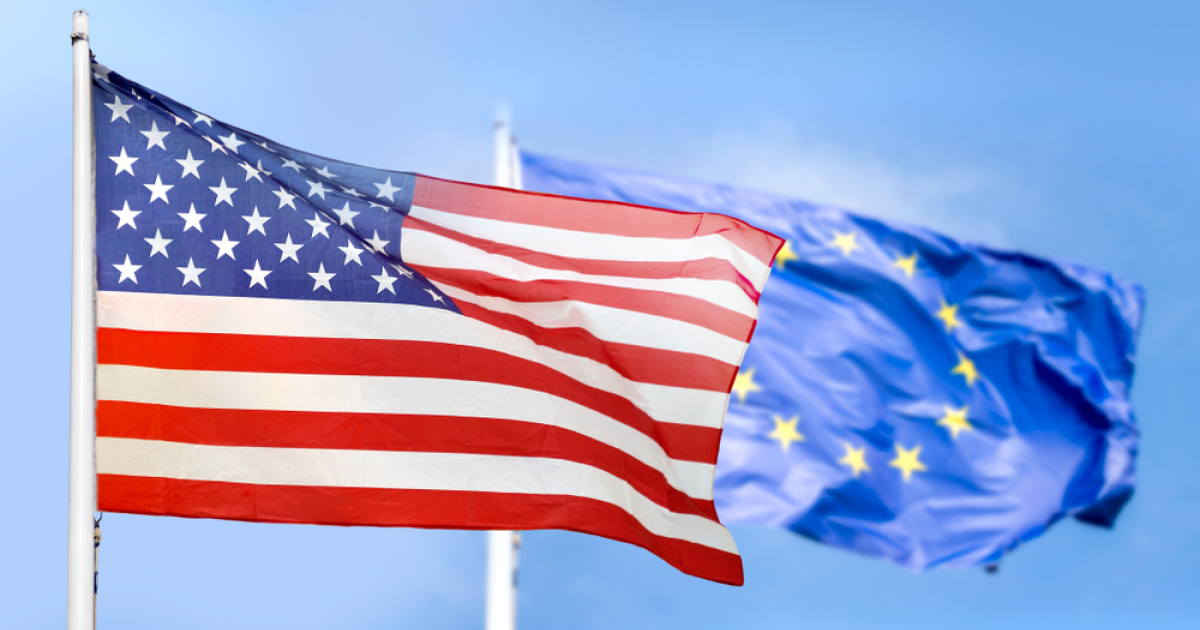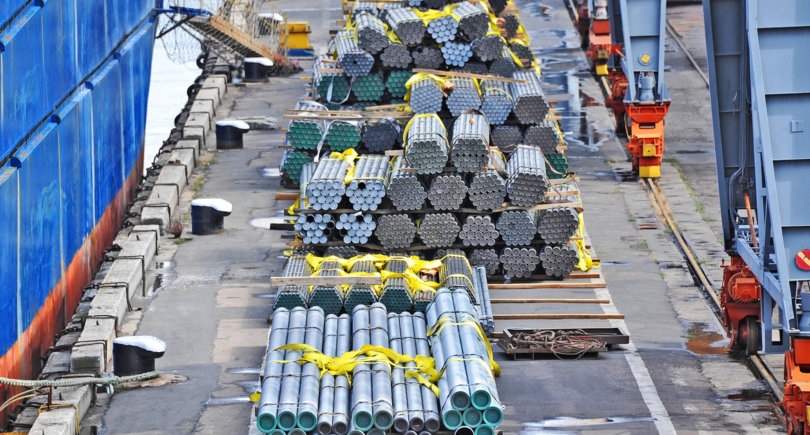
News Global Market EU 1326 02 May 2025
China is evaluating the possibility of negotiations, and Japan aims to reach a trade agreement in June
The EU is considering increasing its purchases of goods from the United States by €50 billion ($56.46 billion) to solve the “problem” in trade relations. European Trade Commissioner Maroš Ševčovič said this in an interview with the Financial Times.
He added that the bloc is making “some progress” towards a deal.
Šefčovič noted that if we consider the €50 billion trade deficit, the problem can be quickly solved by purchasing LNG and some agricultural products, such as soybeans.
At the same time, Šefčovič warned that it would be “very difficult” to reach an agreement that would be unambiguously good and acceptable to the bloc’s member states and the European Parliament.
The European Union is also ready to work with the United States to help overcome the effects of China’s export growth.
Šefčovič characterized the 10% tariff rate as “very high” and made it clear that the bloc would not agree to an agreement to keep duties at this level.
At the same time, China said it was evaluating the possibility of trade negotiations with the United States, Bloomberg reports. The country’s Ministry of Commerce reported that it had noted repeated statements by U.S. officials about their willingness to negotiate tariffs with Beijing and called on officials in Washington to show “sincerity” towards China.
“The US has recently sent a message to China through the relevant parties, hoping to start negotiations with China. China is now evaluating this,” the ministry added.
In turn, Japan seeks to reach a trade agreement with the United States in June, and bilateral talks are expected to gain momentum in mid-May, Tokyo’s chief negotiator, Japan’s Minister of Economic Recovery Ryosei Akazawa, said.
According to him, the second meeting with U.S. officials was frank and open, although many aspects of the discussion still need to be specified.
““We were able to have concrete discussions on topics such as expanding our bilateral trade, non-tariff measures, and cooperation on economic security,” Mr. Akazawa said.
As GMK Center reported earlier, on April 9, US President Donald Trump announced a complete pause for 90 days on all “reciprocal” tariffs for trading partners, except for China. In response, the EU postponed its countermeasures for the same period.




